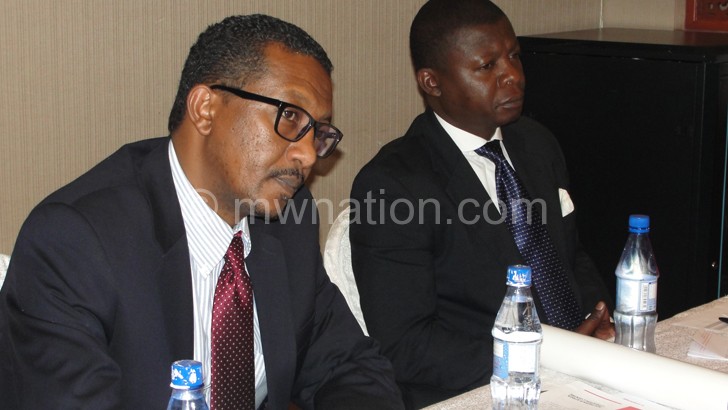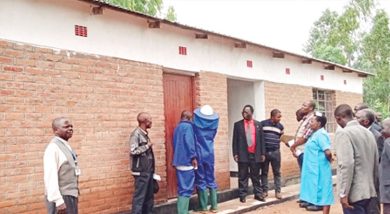Ethiopia, Malawi urged to talk on immigrants
Malawi and Ethiopia have been asked to engage in dialogue to check the increased influx of irregular migrants from the Horn of Africa country into Malawi.
International Organisation of Migration (IOM) regional liaison and policy officer Yina Yitna said this in Lilongwe on Thursday during a meeting to develop an understanding of policy alternatives apart from detaining the migrants in Malawi prisons.

He said the absence of an Ethiopian Embassy in Malawi compounds the problem, since cases have to be referred to Nairobi.
Yitna observed that the influx of migrants from Ethiopia could be higher in the next two years with routes to Europe and the Middle East now difficult to use.
He said allowing voluntary repatriation, where migrants can seek own travel means back to their countries of origin, would help as has been the case in Zambia. Zambia, he said, has also done well to speed up detection.
According to him, $200 000 (about K114 million) would be needed to repatriate 387 Ethiopian migrants currently held at Maula Prison in Lilongwe, some awaiting repatriation after paying fines.
High Court judge Ken Manda, who chairs the Prisons Inspectorate, said a policy on migrants is necessary to decongest Malawi prisons.
He said: “Detained migrants face a horde of human rights and health problems. Most have been tried, convicted and fined, yet they are still in prison awaiting deportation. Since mostly the migrants come to Malawi through Tanzania, should we send them back to our northern neighbour? Or, as they are in transit to South Africa, should we facilitate their movement there?”
Medecins Sans Frontieres (MSF) deputy head of mission Nicolette Jackson said as an international health organisation, they were concerned with the health conditions.
She said eight were on tuberculosis treatment, skin diseases such as pellagra rooting from vitamin deficiencies.
The meeting, convened by MSF, the Prisons Inspectorate, Centre for Human Rights Education, Advice and Assistance (Chreaa) with funding from Southern African Litigation Centre (Salc), came shortly after international media reports labelled Malawi ‘Hell on the South Road’ as it keeps irregular migrants in prisons together with criminals, following reports by the MSF.




